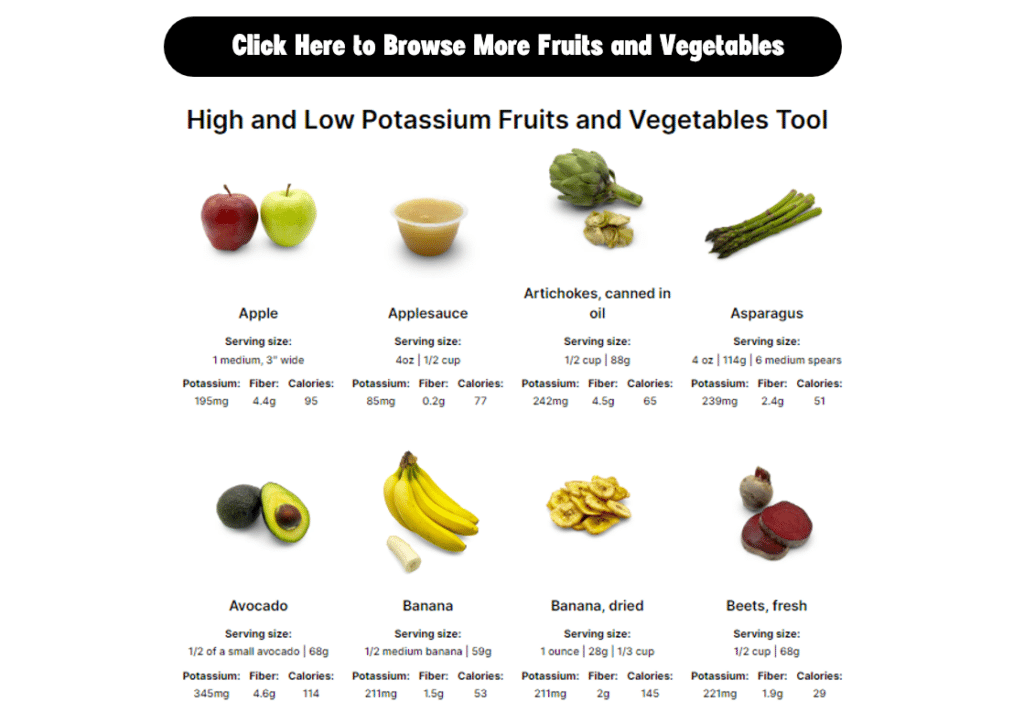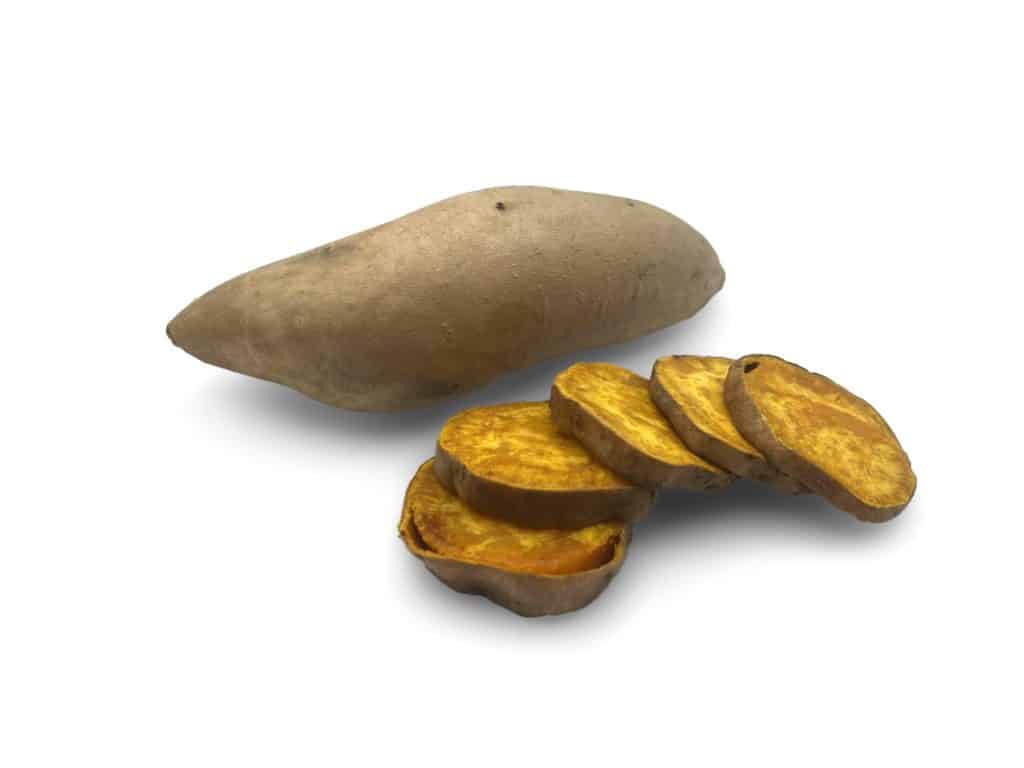Table of Contents
Are artichokes good for kidneys?
Yes, artichokes are rich in antioxidants and vitamins that are beneficial to people with kidney disease. They are also very high in fiber, which is important for gut health, potassium balance, and maintaining blood sugar. If you buy canned artichokes, be careful of the sodium. Most canned artichokes are very high in sodium. It would be best to buy fresh or frozen artichokes, which will not contain added sodium.
This post may contain affiliate links through which we may earn a small commission to help keep this website free.
Are artichokes high in potassium?
One half cup serving of canned artichokes contains approximately 242mg of potassium.
Many kidney professionals consider a vegetable to be high in potassium if it contains more than 200mg of potassium. If you have kidney disease, you should not restrict your intake of fruits and vegetables because of potassium content unless instructed by your kidney dietitian or healthcare provider. Many people who have kidney disease do not need to restrict their intake of potassium. There are many other factors that could cause you to have high potassium levels that are not related to the food you eat. You can learn more about potassium and kidney disease through our low cost course.
Are artichokes high in phosphorus?
No. One half cup of artichokes contains about 62mg of phosphorus. The phosphorus found in artichokes is natural and poorly absorbed by the body, so it is considered a low phosphorus food.
For more information about phosphorus and kidney disease, check out our youtube video.
What are the benefits of artichokes?
- Artichokescontain vitamins and antioxidants. Antioxidants consumed through fruits and vegetables are considered to have protective effects against many chronic diseases.
- Artichokes are also a good source of fiber. The fiber content helps prevent constipation and supports a healthy digestive system. Avoiding constipation is an important way of helping maintain good potassium levels.
- Research shows that a low intake of fruits and vegetables is associated with an increased risk of developing kidney failure in people with kidney disease (as well as those who don’t have kidney disease.
Healthy ways to eat artichokes
- Steam the artichoke leaves and then dip them into a kidney friendly dip
- Puree them into a dip of their own. When searching for recipes, be sure to tweak the ingredients to keep the sodium under control.
- Add chopped, cooked artichokes to salads
- Grill or roast them – drizzle with olive oil and your favorite salt-free seasonings. Lemon is a favorite flavor for artichokes.
Are artichokes high in oxalates?
Artichokes contain approximately 6.8mg of soluble oxalate per 100g, which means they contain a moderate amount of oxalate. (Source)
Oxalates are naturally occurring compounds found in many foods. When consumed, oxalates can bind with calcium in the body to form crystals, which can contribute to the formation of kidney stones in some individuals.
Kidney stones are hard deposits that form in the kidneys when there are high levels of certain substances, such as calcium, oxalate, and uric acid, in the urine. The most common type of kidney stone is calcium oxalate stones, which are formed when calcium and oxalate combine in the urine.
While oxalates are present in many foods, not everyone who consumes oxalates will develop kidney stones. Factors such as individual susceptibility, overall diet, and lifestyle choices play a role in kidney stone formation.
The highest oxalate fruits and vegetables are spinach, rhubarb, and swiss chard. However, it’s important to note that the mere presence of oxalates in food does not guarantee kidney stone formation. If you are not prone to developing kidney stones, then there is no reason to avoid foods that are high in oxalate.
High and Low Potassium Fruit and Vegetable Tool
Looking for more information on other kidney friendly fruits and vegetables? Check out our Fruit and Vegetable Potassium Tool.



